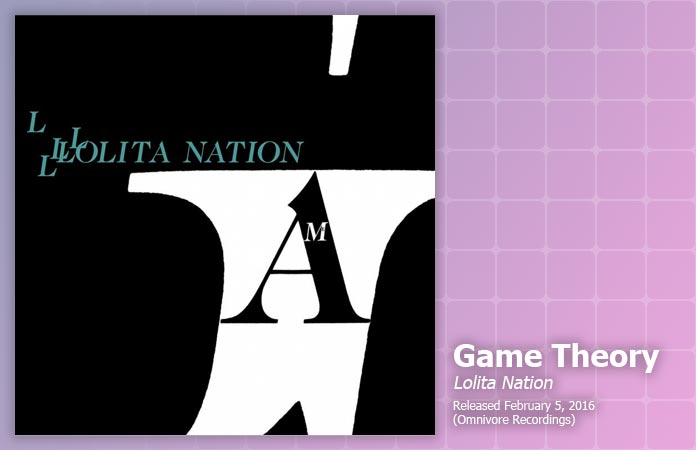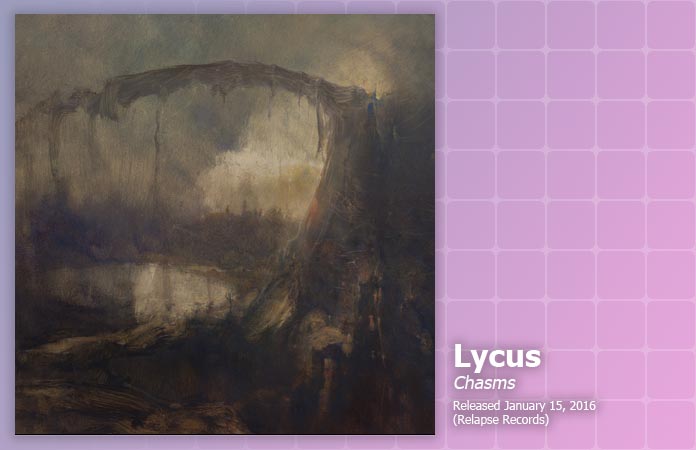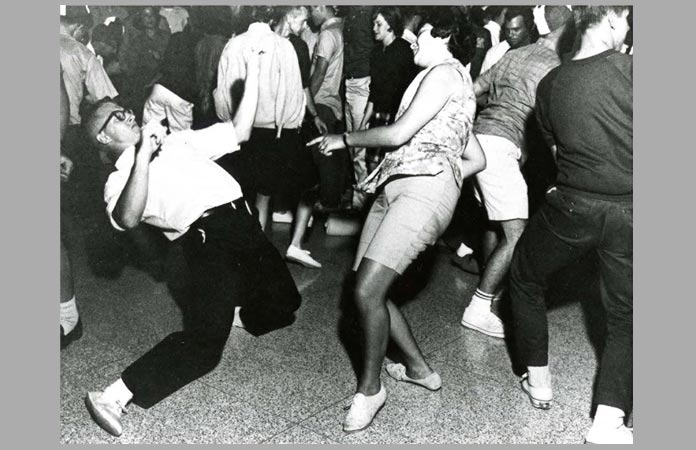Music Review: JD Souther, Black Rose
Published on February 4th, 2016 in: Current Faves, Music, Music Reviews, Reissues, Retrovirus, Reviews |Thank you, Omnivore Records, for reissuing JD Souther’s albums. The recent reissue of Souther’s debut, John David Souther, was like reading a blueprint for Americana music. Souther’s follow up album, Black Rose, shows an artist broadening his horizons, marrying jazz with rock and coming up with something unexpected but very effective.
Music Review: Peter Murphy, Wild Birds Live Tour
Published on February 3rd, 2016 in: Current Faves, Music, Music Reviews, Reviews |There’s a joke: Old Goths never die, and if they did, how could you tell?
While Robert Smith is arguably the queen of the Old Goths, their king is certainly Peter Murphy, the former lead singer of Bauhaus, who has found himself in the strange position of Gothic Tom Jones, selling out shows filled with swooning plus-sized women wearing the same black dresses they wore in 1985, while their husbands huffily cross their arms and wonder when Anthrax will tour again.
Today In Pop Culture: The Day The Music Died
Published on February 3rd, 2016 in: Eulogy, Music, Today In Pop Culture |Dear rock and roll musicians:
Please stop using air travel.
Thanks,
Everybody
This is The Day The Music Died.
Music Review: Game Theory, Lolita Nation (Reissue)
Published on February 2nd, 2016 in: Music, Music Reviews, Reissues, Retrovirus, Reviews |Since its release and quick deletion, Game Theory’s third official LP, Lolita Nation, has carried with it a mystique. Is it because it’s the third album, as producer Mitch Easter has suggested, or because it’s been impossible to find and prohibitively expensive for so long? Now that Scott Miller’s magnum opus is widely available, will we discover that this is actually an average album for the era and subgenre? Happily, Omnivore’s long-awaited reissue reveals an idiosyncratic and breathtakingly ambitious release by a cult-favorite songwriter and band who deserved a greater place in the 1980s college-rock firmament.
Music Review: Ty Segall, Emotional Mugger
Published on January 29th, 2016 in: Current Faves, Music, Music Reviews, Reviews |American nightmare, guilty generation / fingers on the pulse of their parents’ alienation / from the history, histories of Western civilization
–Ty Segall, “California Hills”
There was a 1987 SPIN magazine cover story on David Bowie called “What Next, Put Together Man?” and while I can’t recall the article’s content exactly, that question has lingered in my brain ever since. At the time I was only just beginning to grasp the depth and breadth of Bowie’s shape-shifting abilities, and it took me years to fully understand the significance of that particular query.
Music Review: Tortoise, The Catastrophist
Published on January 29th, 2016 in: Current Faves, Music, Music Reviews, Reviews |There’s a sense of playfulness on the new album from Tortoise, The Catastrophist. It feels like listening to a card trick. Let’s call it “sleight of ear.”
Mostly an instrumental band, Tortoise comes on as Nintendo-core. The keyboards have that glorious 8-bit sound, but then the drums start and the guitar comes floating in like the backwash of a canyon echo. Almost imperceptibly, the music has moved from Bowser’s Castle to some place far more ethereal.
Today in Pop Culture: Sing Along with History, Volume Two
Published on January 29th, 2016 in: Music, Music Festivals, Today In Pop Culture |One thing I’ve learned from writing this column is that history, even something as seemingly fluffy as pop culture history, consists mostly of death. It’s depressing. Factual, but depressing as hell. Sometimes, you’ve got to get silly, especially on a Friday.
Can I get a witness?
I think it’s time for another singalong.
Music Review: Your Friend, Gumption
Published on January 28th, 2016 in: Current Faves, Feminism, Music, Music Reviews, Reviews |Your Friend’s follow up to 2014’s self-recorded EP, Jekyll/Hyde, is richly textural and gorgeously produced. Gumption is enigmatic, with much to unpack. You can listen to the layers and loops, you can listen for Taryn Miller’s fascinating vocals, you can close your eyes and let the waves of sound wash over you. It’s an immersive, intriguing album.
Music Review: Lycus, Chasms
Published on January 27th, 2016 in: Current Faves, Metal, Music, Music Reviews, Reviews |By Tim Murr
I don’t know if “beautifully arranged” is a phrase often applied to funereal doom metal, but it certainly applies to the new album from Lycus, Chasms. The four long tracks that make up Chasms play like a four-part symphony of despair at the death of the world.
Today In Pop Culture: Putting The Screws To The Twist
Published on January 26th, 2016 in: Dancing Ourselves Into The Tomb, Music, Today In Pop Culture |There may not be any expression of emotion purer than the act of dance. Whether it is a formal kind of dance, like ballet, or a child dancing awkwardly in circles for no reason than being alive, the act of dancing wells up from inside and explodes in a flurry of limbs and happiness. Obviously, the best thing to do with something like a dance is ban it, right?
The year was 1962, and the Catholic Diocese in Buffalo, New York, decided to ban the Twist from all Catholic schools in America.









